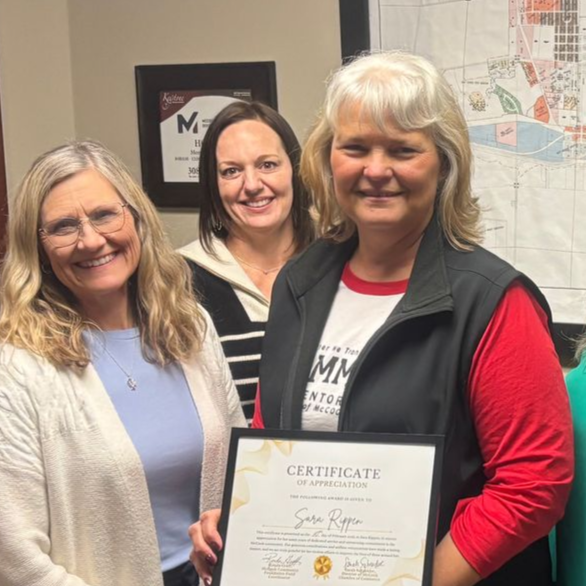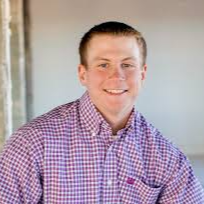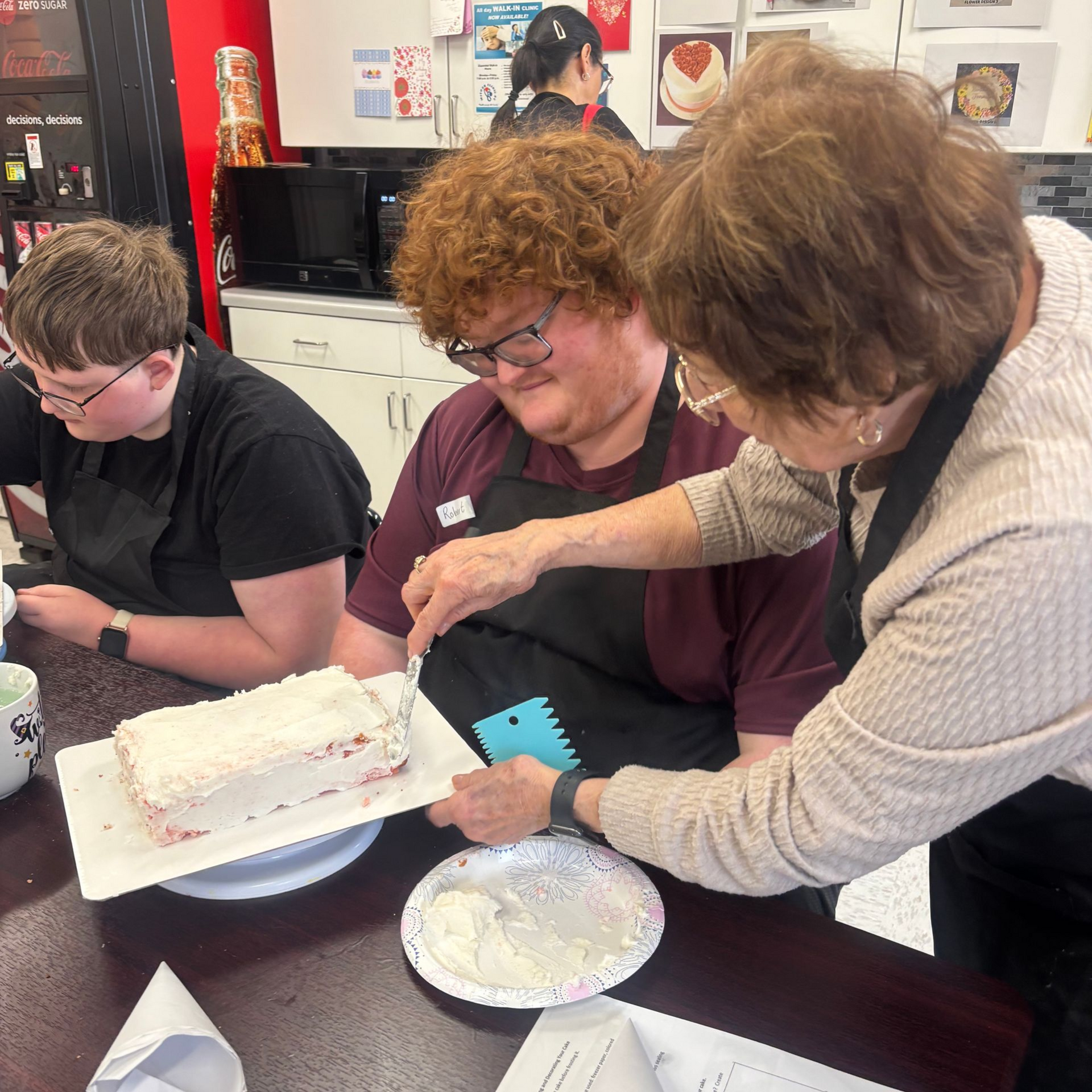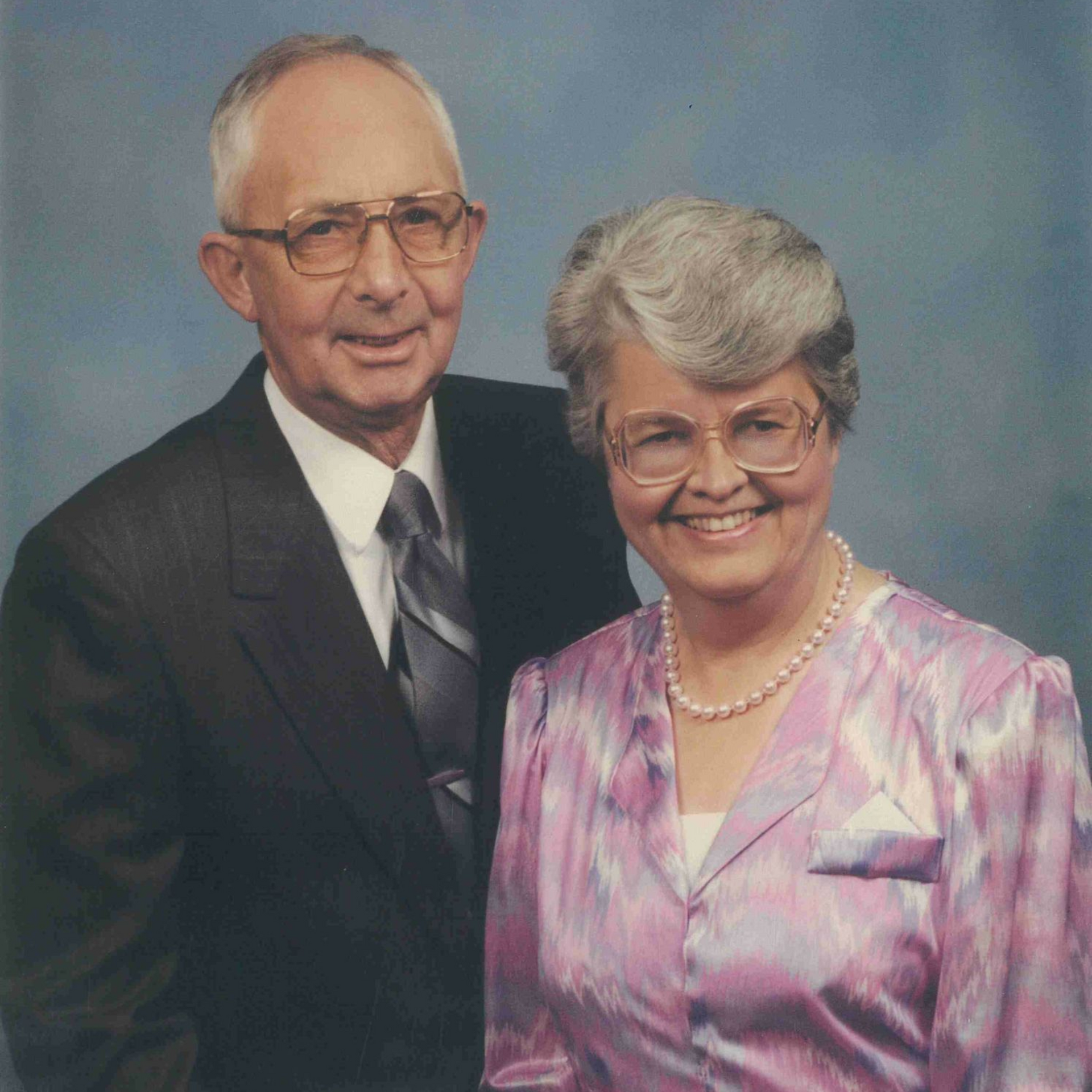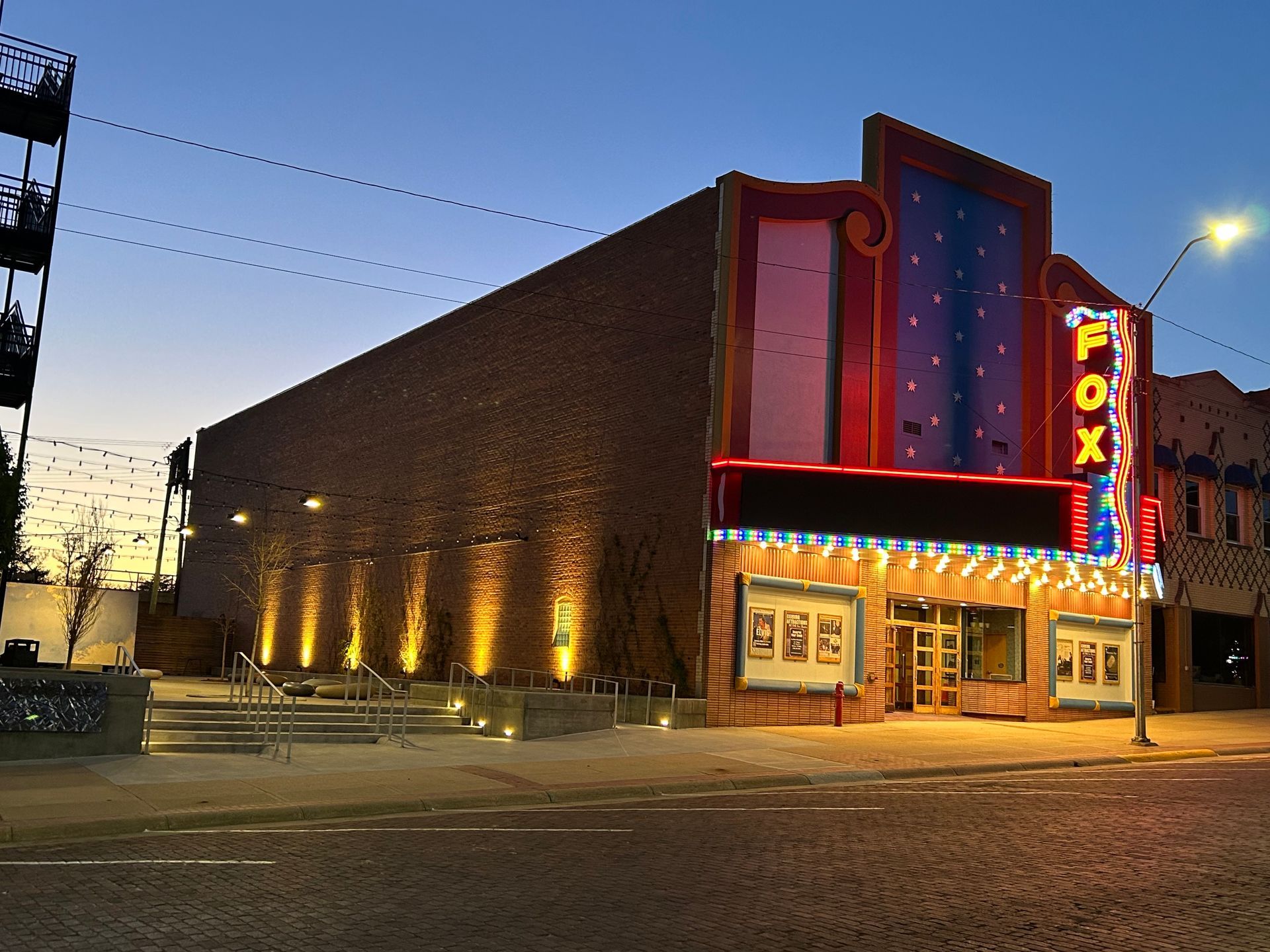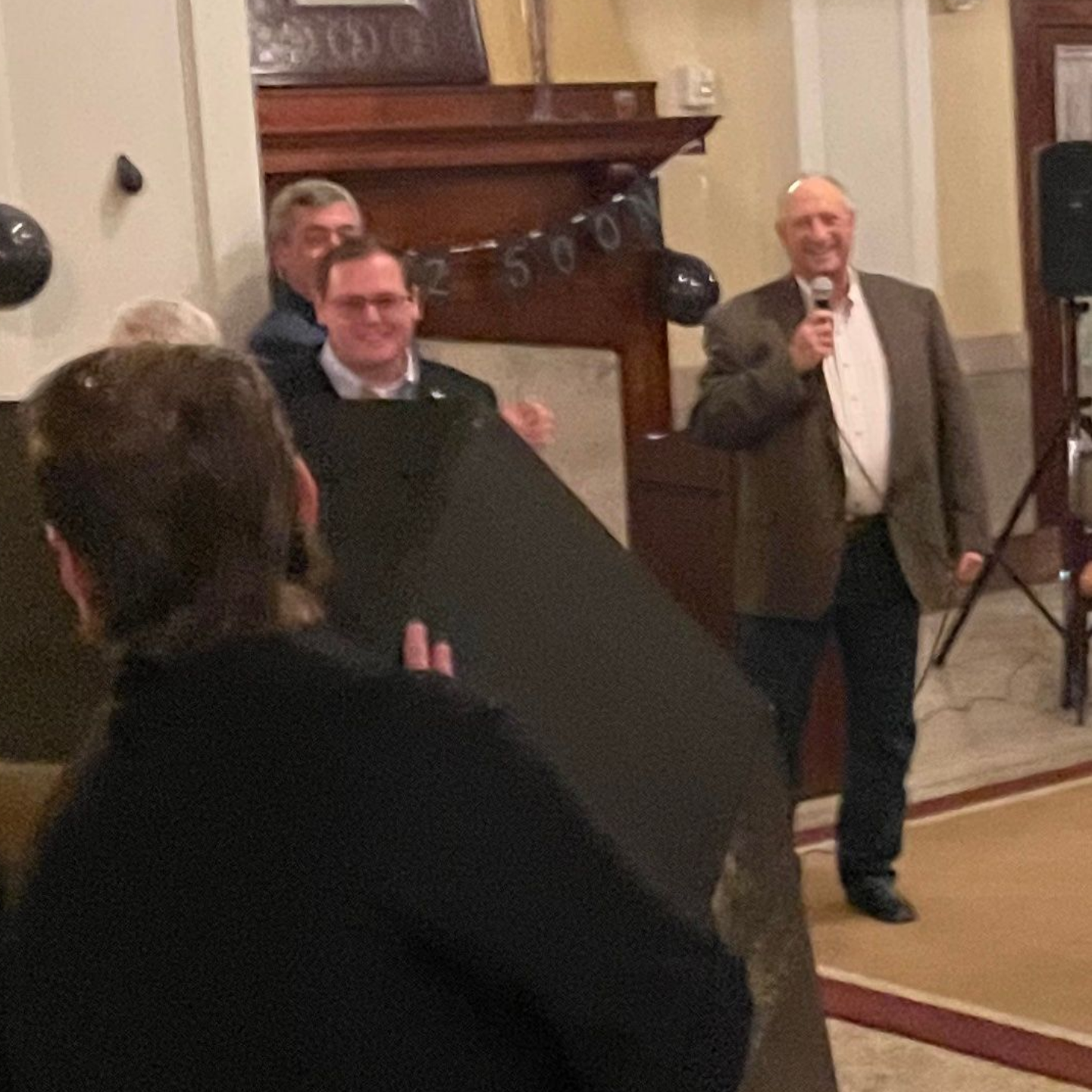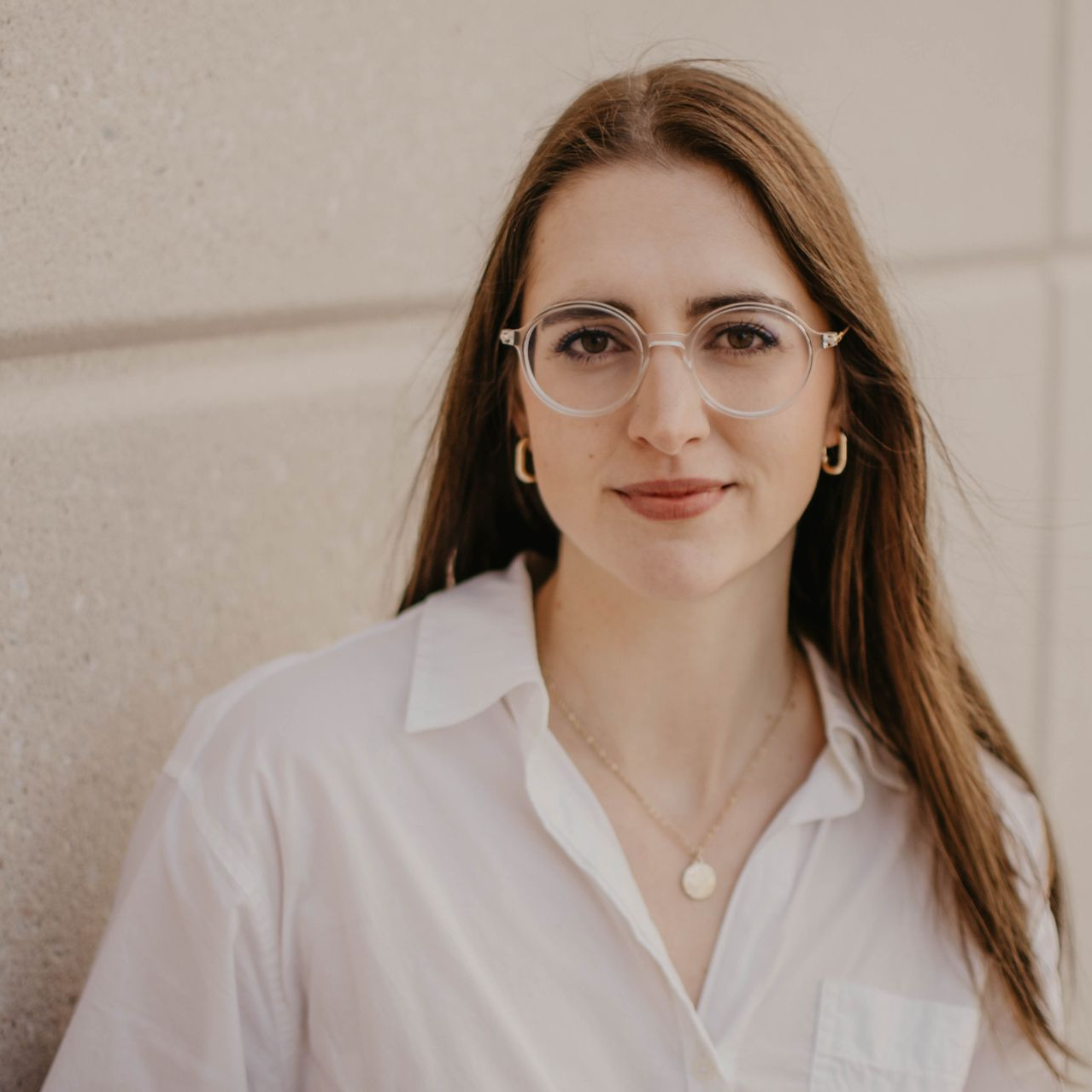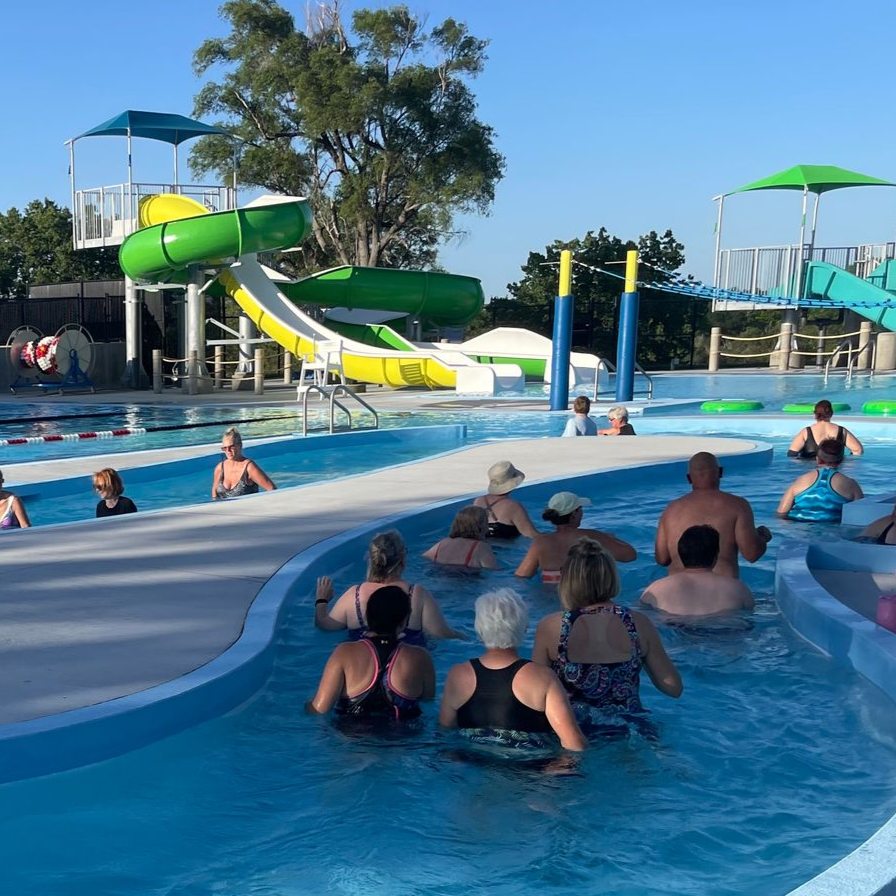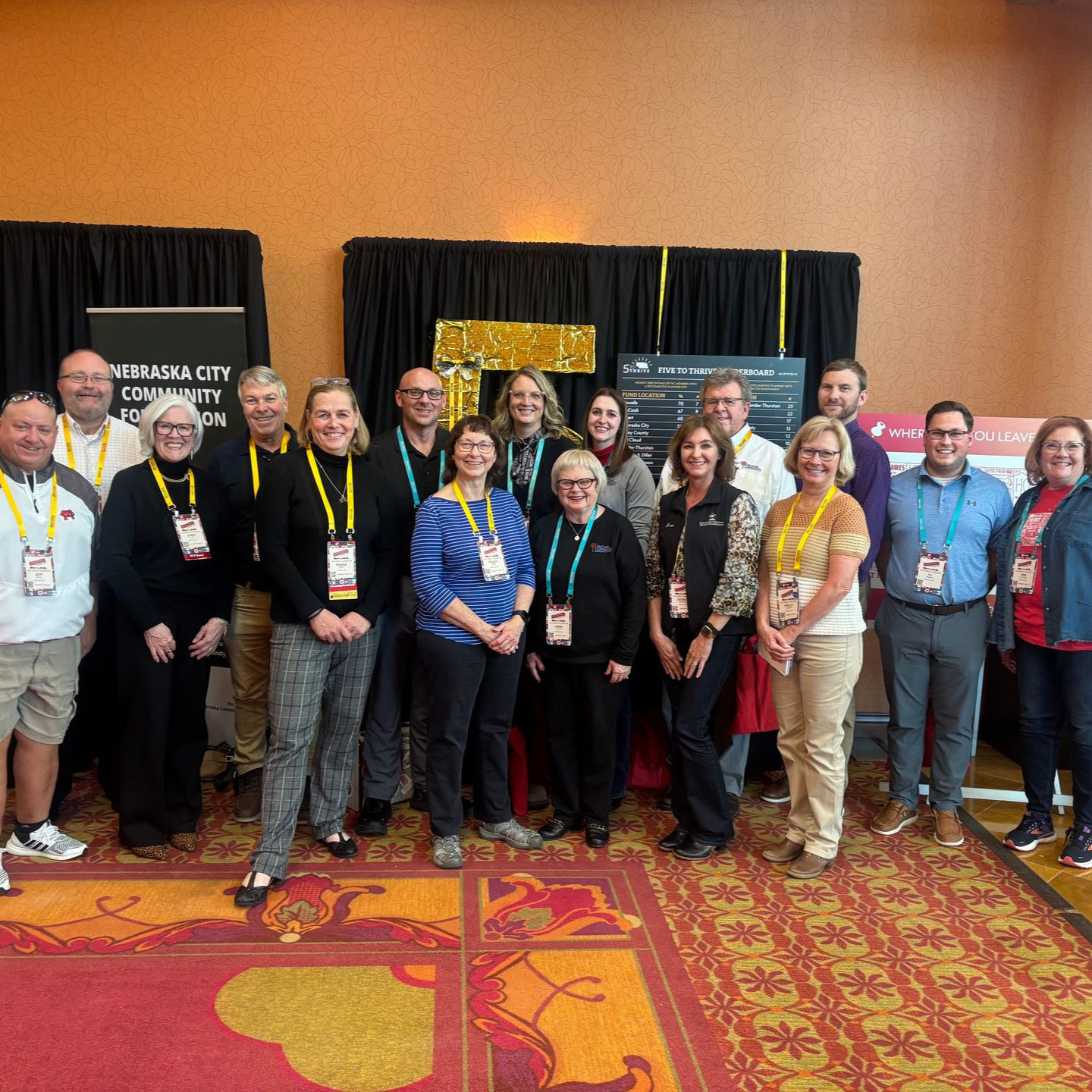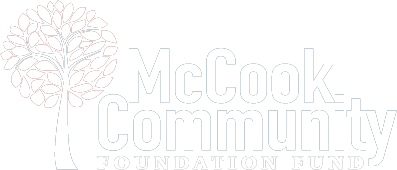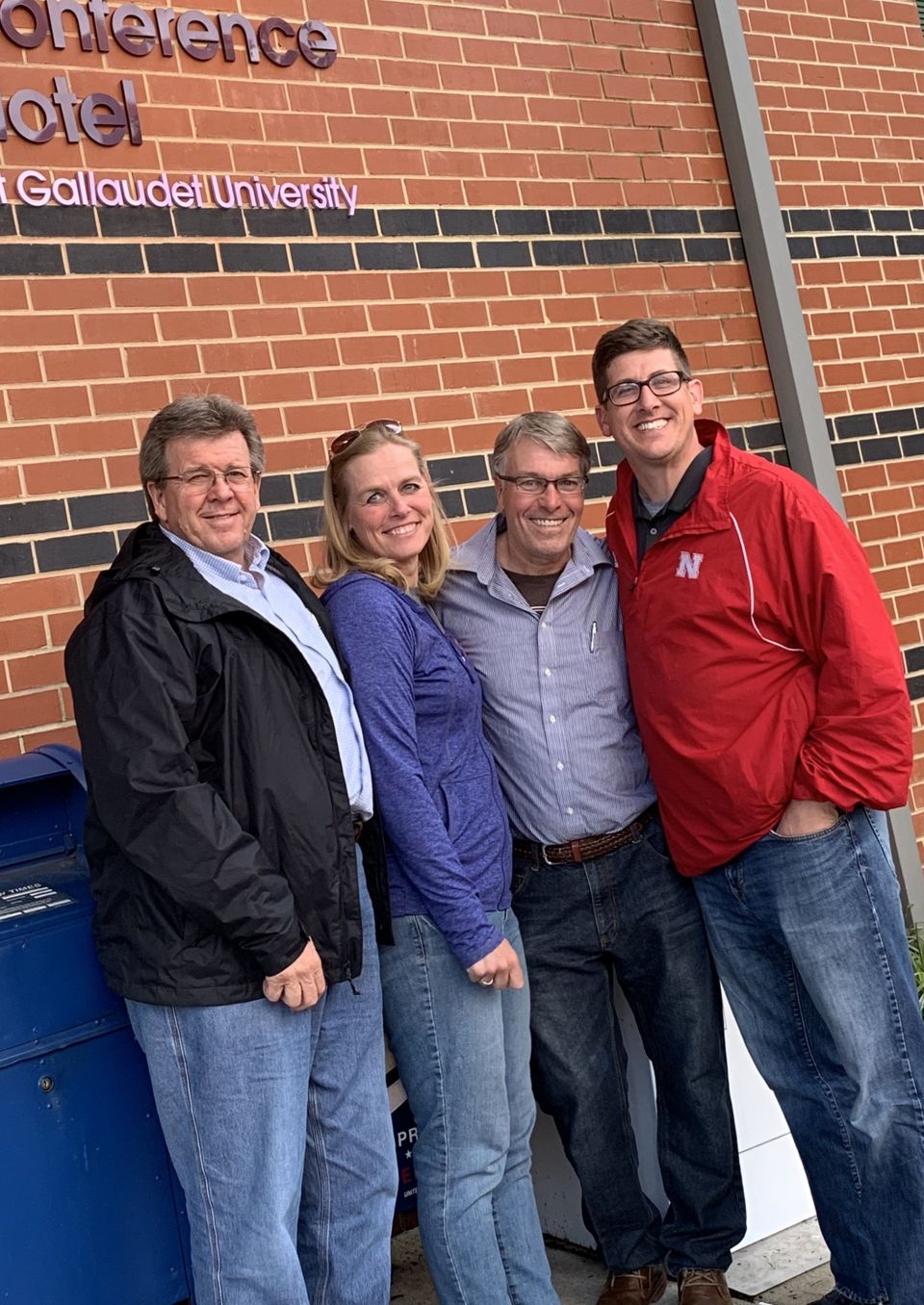
McCOOK, Neb. - Sometimes it takes stepping back and seeing your community as an outsider to really appreciate all that you have. That was one of the major themes that Matt Sehnert and Ronda Graff came away with after their recent attendance at the inaugural #WeaveThePeople conference in Washington, D.C.
Sehnert and Graff, along with Andy Long and Dale Dueland of McCook, were invited to the Aspen Institute gathering where more than 250 community “weavers” from across the country congregated to share their efforts at combating social isolation, repairing fragmentation, and uniting their communities. The conference was led by New York Times columnist and author David Brooks who traveled to McCook in March to learn more about the strengths of rural communities. Nebraska Community Foundation facilitated the rural Nebraska tour.
Brooks was impressed with what he saw and commented about his Nebraska visit, “Everybody says rural America is collapsing. But I keep going to places with more moral coherence and social commitment than we have in booming urban areas. These visits prompt the same question: How can we spread the civic mind-set they have in abundance?”
That visit led to the invitation to Washington, D.C., where Sehnert and Graff were asked to speak on the main stage along with authors, journalists and researchers, including Jonathan Haidt, Martha Welch, David Bornstein and Katie Couric. Initially, they questioned what they could offer, as “there were a lot of people there with a lot of credentials.” Ultimately they came to realize that rural areas (the Nebraska and Appalachia attendees were the only non-urban representatives) could be an example for strengthening communities throughout the nation.
“We hope and believe that what we’re doing here is working. We’re actually a good example for the rest of the United States,” Graff said. “We don’t have it so bad here. We actually have what seems like a very friendly, stable community. We don’t have the problems that a lot of the communities and the people that we met in DC; they’re facing a lot of tougher problems than we are.”
“We’re actually blessed with what we have – people and organizations and resources – that we can count on and use to our advantage.”
Sehnert found that much of the good work and processes that were presented came from people who faced some serious challenges in their lives. “A lot of people that spoke were doing what they do because of some tragedy that happened in their lives. Everything from suicide to murder to racial issues, rape – it ran the gamut. I think that the people from rural Nebraska and Appalachia were not in that mode so much. Obviously we have some of those challenges, but not near at the scale that they do. We are more challenged by poverty. We live here, so we don’t even know that we’re poor. But the wages that we all earn are not comparable.”
Sehnert also said that most of the attendees were part of a non-profit organization. It is part of their job to build communities and solve social problems. Sehnert said that the Aspen staff recognized that in McCook and Nebraska, people were creating community because it was their passion, not their jobs.
“There are some big issues out there that need to be addressed,” said Graff. “For us, we’re going to change and affect what’s within arms reach. Start small and do what we can locally and hopefully there’s a ripple effect.” Graff said that small “shifts” can help set an example for others. “It’s not a dramatic change, it’s just a subtle shift, and hopefully that’s enough for what we’d like to see happen.”
Their vision is to see more people get involved in community activities and pursuing their passions. “It takes effort on everybody’s part,” said Sehnert, explaining that a small group can put in a lot of effort to organize an event, “but what the rest of the people need to do is put enough effort in to load their kids in the car and show up.” Taking the first step and starting out as a participant, may eventually lead to greater involvement and connections. “Either find something in the community that gets you excited, but if you can’t, then create it.” They said that small efforts in “putting yourself out there” can lead to huge benefits, both personally and for the community.
They explained that McCook has the tools to help people pursue their passions. Those tools include community foundation grants, partnerships with the city, college, economic development corporation and the chamber. “The metro areas have a lot of different resources at their fingertips that we don’t have, but what we do have are the contacts and the relationships,” said Graff. Personal contacts and face-to-face conversations are keys to expanding involvement and support for community and neighborhood projects.
They also spoke about the difference between acceptance and inclusion. “That is something that I would like to personally work on,” said Sehnert, “because I feel like I’m a pretty accepting person, but am I inclusive enough? Whether that means racial or gender or religion. . . Inclusion is something I’m going to work on.”
“You only know what you know, and when we saw the challenges that other people are having in our nation, we realized how many benefits we have here in Southwest Nebraska,” said Sehnert.
Graff echoed, “When we went to D.C., we wanted to highlight that McCook and Southwest Nebraska does have a lot going for it. We do have a lot here that we can celebrate.”
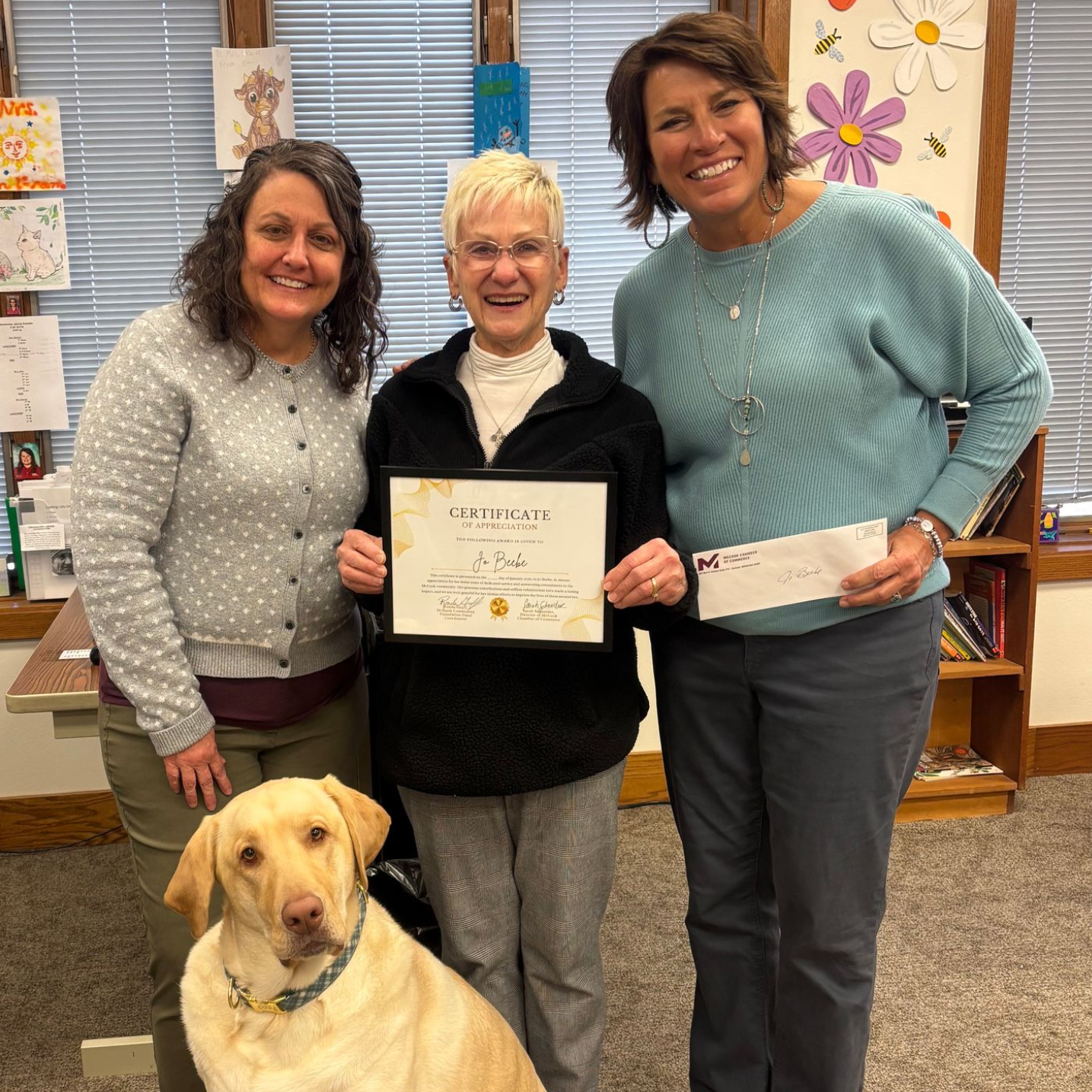
To kick off the new year, Jo Beebe has been selected as the January 2026 McCook Volunteer of the month. While many people might know Jo for her years at the Sports Shoppe, she can be found giving hours of her time to the community, especially at St. Patrick Church. Whether during the weekly Mass or for a funeral or wedding, Jo shares her beautiful voice from the choir loft, as well as leading the choir members. Jo, along with her husband Harold, also has served as the St. Pat’s GALA host couple in the past and continues to help with set-up and cleanup of the annual event. Jo is also active with the Fall Festival, the Rosary Rally and the Wild Game Feed in Curtis every year. She attends every the Order of Christian Initiation of Adults class and helps students prepare for confirmation. And since retiring from the Sports Shoppe, she is active in the Altar Society, and volunteers at the Bargain Bazaar thrift store. According to her nomination, “The way Jo gives of her time and talents to our parish and community is a reflection of her faith,” and the community and the church are better because of her generosity. The McCook Philanthropy Council selects the monthly recipient for the McCook Volunteer of the Month award as part of the McCook Community Foundation Fund’s McCook Volunteer program. If there is a volunteer in the community who should be recognized, please contact the McCook Chamber of Commerce at 308.340.3200 or visit McCook Volunteers on the MCFF website, mccookfoundation.org to complete a nomination form. The only requirement is that the nominee must be a resident of McCook or Red Willow County. Please have information about the nominee along with where and how they volunteer in the community.

